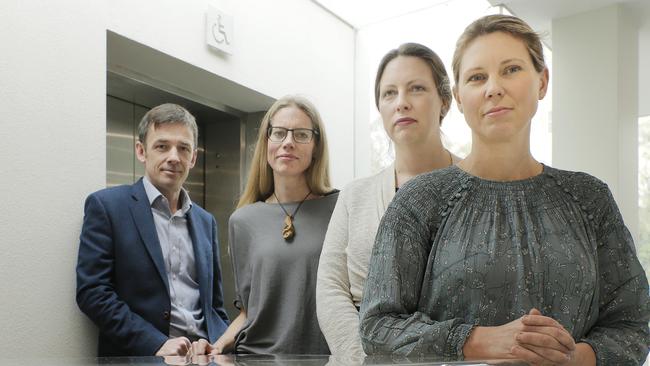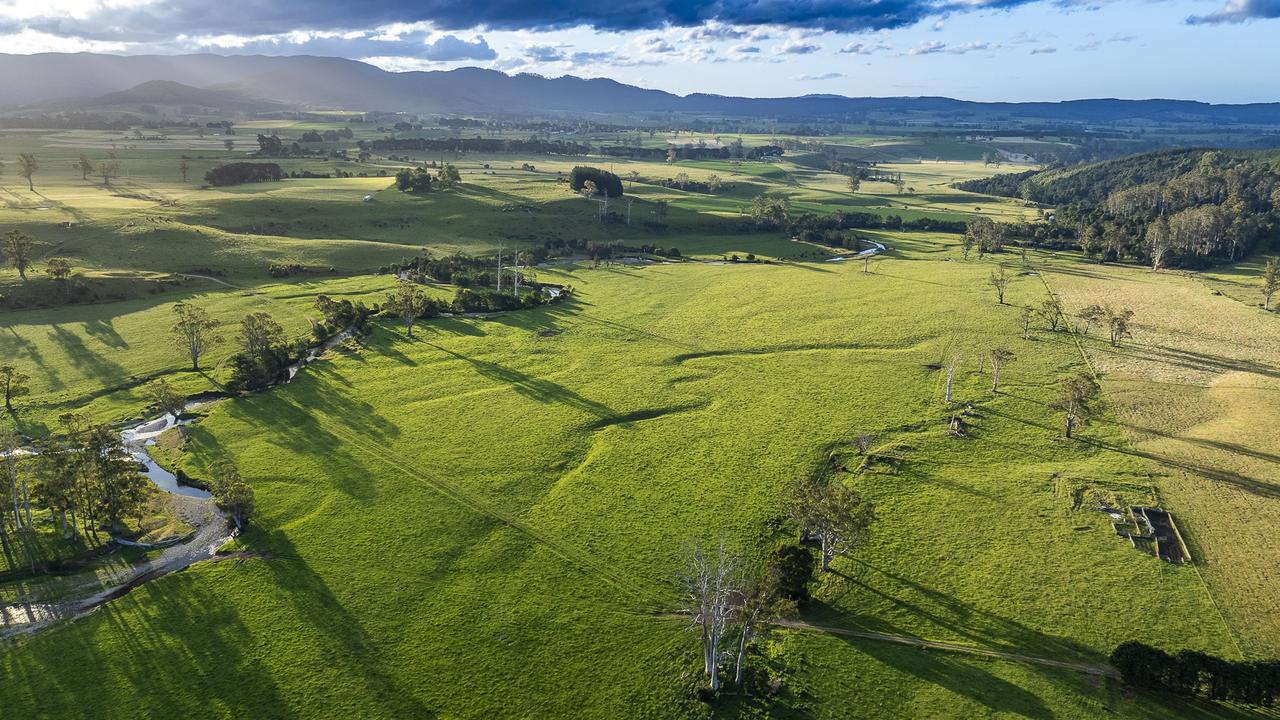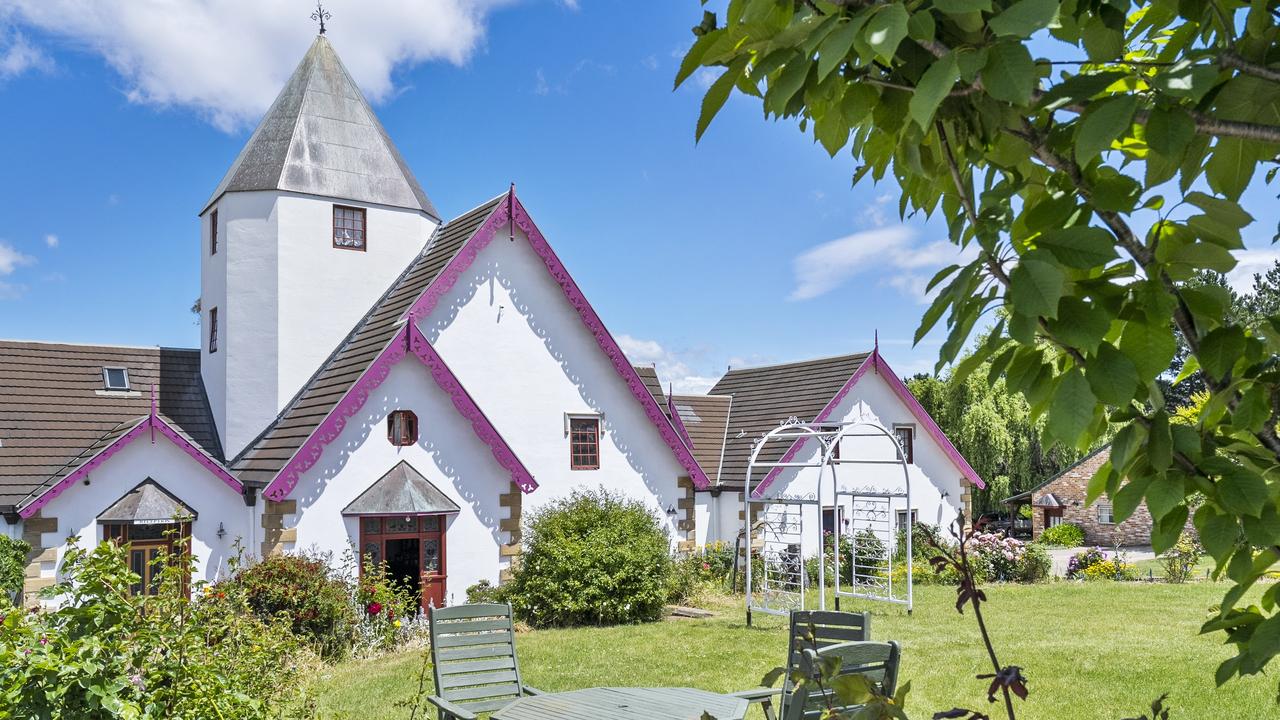Housing shake-up call amid the surge in short-stay accommodation
LOCAL councils should be given the power to introduce $500 permit fees and to impose limits on the number of nights per year on short-stay accommodation, say housing experts.

Real estate
Don't miss out on the headlines from Real estate. Followed categories will be added to My News.
TASMANIAN councils should be given more power to clamp down on the short-stay accommodation sector if it limits housing options for residents, the University of Tasmania’s social think tank says.
The Institute for the Study of Social Change says councils could then enforce discretionary actions, such as charging $500 permit fees and putting a pause on new permits in areas with a tight rental market.
The Tasmanian Housing Update also recommends changes to limit short-term rental accommodation availability for owner-occupied listings to 60 or 90 days a year.
Report co-author Dr Julia Verdouw said the sector was becoming more commercialised.
“As the short-stay accommodation sector matures, a higher percentage of homes are being listed by professional hosts. That is, the platform is becoming less about sharing, and more about operating multiple commercial properties, especially in Hobart,” Dr Verdouw said.
“The risk is that more long-term residential housing stock will be converted to short-stay accommodation.”
TALKING POINT: BOOMING MARKET BAD NEWS FOR RENTERS
Data points to noncompliance in the sector with Hobart City Council issuing 87 permits since July last year, but almost 170 Airbnb listings in the city found on the internet.
Dr Verdouw said the State Government needed to develop a database to better understand and monitor the sector.
The number of entire properties leased as Airbnb has grown by 205 per cent in Greater Hobart and 268 per cent in the Hobart City Council area in the past two years.
AIRBNB PROPERTY NUMBERS SOAR, HITTING RENTAL CRISIS
The sector is also limiting the availability of rental houses in tourist towns such as St Helens.
The Local Government Association of Tasmania said it had long espoused the need to differentiate between the true sharing economy — based on principle place of residence as compared to a new business model for accommodation.
“Councils need more ability to regulate these businesses appropriately to balance the economic and tourism needs with local liveability, amenity and service considerations,” LGAT chief Katrena Stephenson said.
“What this means in planning terms is that the short-term rental of one’s principal place of residence [a single room in a home or the entire property] should be exempt from requiring planning approval.
“For any secondary dwelling / investment property [strata or detached dwelling] short-stay visitor accommodation should be a discretionary or prohibited use, depending on local circumstances and as determined by the relevant council.
“For this to work effectively, councils will require access to a statewide comprehensive data collection and analysis program. Without it, every decision made is guess work.”
The Government announced earlier this month it would introduce legislation to address poor compliance with existing planning provisions across the short-stay accommodation sector.
The institute wants the Government to build on that “commendable” initiative and provide a clear directive that all properties converted to visitor accommodation by non owner-occupiers require a permit, regardless of when the change of use took place.
Report co-author, demographer Lisa Denny, said a shift in population drivers had impacted the housing market.
“Not only are there more people arriving in Tasmania, the churn of movements in and out of the state impacts housing demand and supply, with those leaving, particularly young people leaving the family home, not necessarily freeing up housing for those arriving in Tasmania,” Dr Denny said.
Housing Minister Roger Jaensch said the Government was responding to concerns regarding short-term rental market compliance and planned to introduce legislation by the end of the year.
He said the Government would progress initiatives aimed to lift housing stock, and provide tourism and university accommodation.


